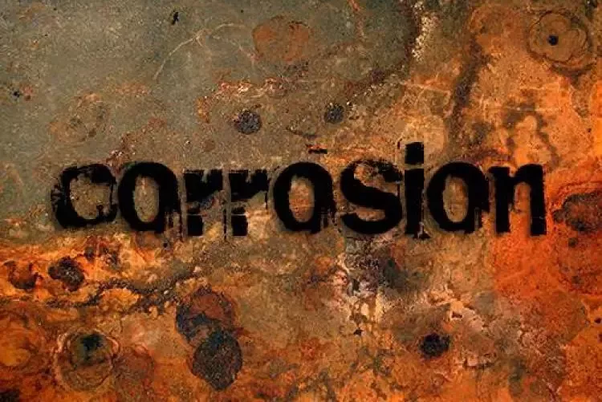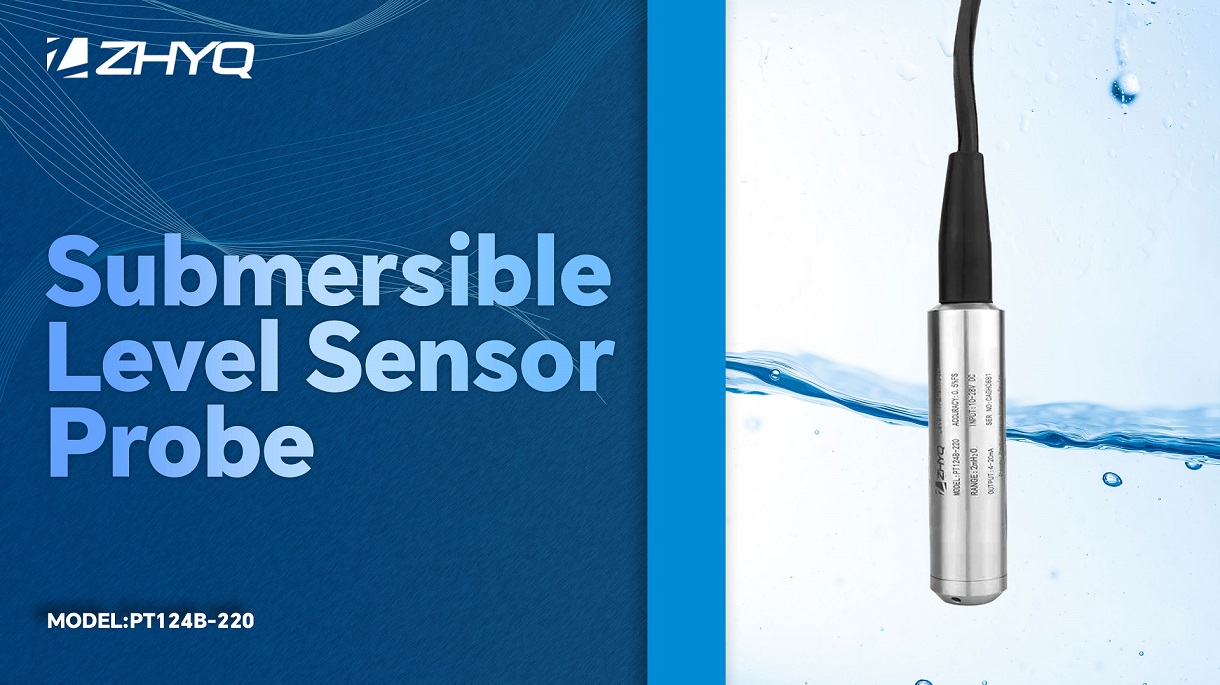
- Pressure Sensor, Pressure Transducer, Pressure Transmitter


- 2020-06-24
- Zhyq
- 181
How to Protect Against Corrosion
A corrosive substance is one that will attack, damage or even destroy other substances with which it comes into contact. It may attack a great many materials, including various metals and plastics. Corrosion literally consumes the material, reducing load carrying capability and causing stress concentrations. It is often a major part of maintenance cost meaning corrosion prevention is vital in many applications. Read how the right pressure transducer and transmitter can help protect you against corrosion.
Corrosion Can Destroy Metals
Pressure measurement transducers and transmitters are used in a multitude of applications and may be exposed to a number of corrosive chemicals and gases. These chemicals can attack the instruments both internally and externally, typically from leaks or fumes. Electronics and wiring may corrode which will often lead to instrument failure. The product exterior and internal electronics must therefore be protected from chemical exposure through good design and appropriate selection of materials of construction. It is therefore necessary to consider whether the materials used in the construction of your selected pressure transducer or transmitter are suitable for use with the media to be monitored.
Are you experiencing problems with corrosion of you pressure measurement equipment? Are you choosing the correct materials for the application?
In some applications the pressure media may be incompatible with the sensing element, in others it might be with the materials used to assemble the transmitter such as the pressure port or thread, o-ring or cable. You need to establish which parts of the transmitter will come in to contact with the media and how. Is there a risk that your transducer or transmitter will be splashed or open to vapour? Or perhaps it could become submerged?
So where do you begin to choose the correct transmitter for the job?
Firstly the constituent elements of the media must be identified before you can ensure that the construction of the transmitter is able to resist them, both in the short and long term. It is also important to remember that corrosive media can potentially become more aggressive as temperatures and pressures increase. Most metals corrode on contact with acids, bases, salts, oils, aggressive metal polishes, detergents and other solid and liquid chemicals. Metals will also corrode when exposed to gaseous materials such as acid vapours, formaldehyde gas, ammonia gas, and gases containing sulphur. The use of notoriously hazardous chemicals such as sulphuric acid and hydrochloric acid are certain to ring the alarm bells, but what if you are measuring seemingly risk free liquids like seawater or fruit juices?
Manufacturers of Pressure Transducers and Transmitters
Specialised manufacturers of pressure transducers and transmitters such as ZHYQ offer a comprehensive selection of materials in order to achieve the desired level of corrosion resistance for your application. By utilising the benefit of years of knowledge and experience in this field, ZHYQ can advise you on the best sensor option combined with machined housings and threads in specialised metals and plastics to create a product that will operate safely and reliably at high levels of performance, even in the most corrosive of environments.
Standard ZHYQ transducers are manufactured using 316L stainless steel and work effectively with most everyday types of gases and liquids such as nitrogen, oxygen, air systems, lubricants, coolants and hydraulic oils. However the introduction of pressure transducers and transmitters using Silicon-on-Sapphire (SOS) sensing technology presented ESI with a distinct advantage in this area as the pressure diaphragm and threaded pressure port is machined entirely in Titanium. This means the pressure media is only ever in contact with Titanium leaving the user with no concerns about the possible failure of o rings or seals. This is possible as the sensitive SOS sensing element is bonded to the non-contact side of the pressure diaphragm and therefore isolated from the media.
In summary it offers a perfect solution for measuring pressures of aggressive media having high levels of compatibility with chemicals not suited for stainless steel. Titanium naturally resists corrosion to acids, alkalis, salts and even polluted water. This is because it is a reactive metal that forms a hard, protective oxide film when it comes in to contact with oxygen. The mechanical strength and elastic nature of Titanium provides not just a reliable and accurate measurement tool but protects against dynamic and high pressure transients meaning a very safe device in potentially dangerous applications
Where the media is known to be corrosive, such as subsea environments chemical processes, and some food processes, ZHYQ transducers can be manufactured from Titanium, Hastalloy C, Inconel or PVDF for example. Sensor technology, pressure port threads, output signals, pressure ranges, electrical connections and wetted parts can be adapted to withstand different levels of corrosion. Stringent quality control and inspection is exercised at every stage of the manufacturing process to ensure complete satisfaction with the end product, backed up with technical advice and support.
For more information about about products please contact us.
Leave Your Inquiry
Your email address will not be published. Required fields are marked *


